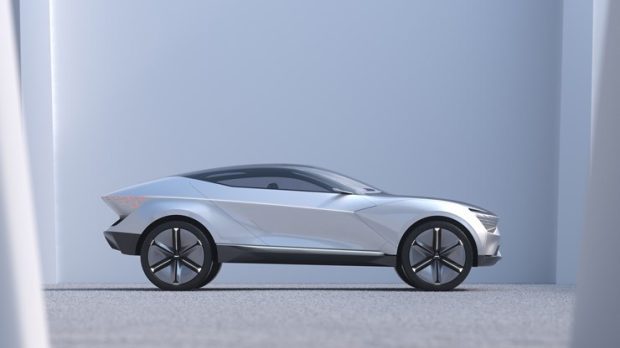The Korean group Hyundai (made up of the brands Hyundai, KIA, and Genesis) is currently one of the most involved in the development of the hydrogen fuel cell together with the Japanese Toyota. Both now have two next-generation hydrogen models, the Hyundai Nexo and the Toyota Mirai, two almost unique proposals on the market.
KIA assured in 2018 that by 2021 it would start offering a hydrogen vehicle derived from the Nexo; however, due to the current crisis stemming from the coronavirus pandemic, this project has lost priority within the brand’s plans. It has been postponed indefinitely while all efforts focus on battery-powered electric cars.
“I don’t think it’s something we have to push for. If we say that electric vehicles are expensive for the consumer, hydrogen vehicles are even more expensive.” Emilio Herrera, KIA’s director of operations in Europe, has made it clear that it is highly likely that KIA will not keep its promise to put a hydrogen vehicle for sale by 2021.
Currently, the Hyundai Nexo has a starting price of over 70,000 euros, which distances it from the general public. It should be added the problem of the almost total absence of charging stations, the installation of which is much more expensive today than that of a charging point for battery-powered electric cars. Nor should we lose sight of the high energy cost of obtaining hydrogen.
In recent times there have been many brands that have given up their projects related to the hydrogen fuel cell: Daimler (Mercedes-Benz) and Honda have frozen their developments. At the same time, companies such as BMW will continue betting on this technology with droppers, with the launch of a high-volume model not expected until 2025.
Hyundai announced at the end of 2018 its intention to manufacture by 2030 some 500,000 cars equipped with a hydrogen fuel cell per year. However, the current economic crisis, which is forcing manufacturers to cancel numerous projects to save costs, could slow these plans down in favor of developing their range of battery-powered electric cars.

